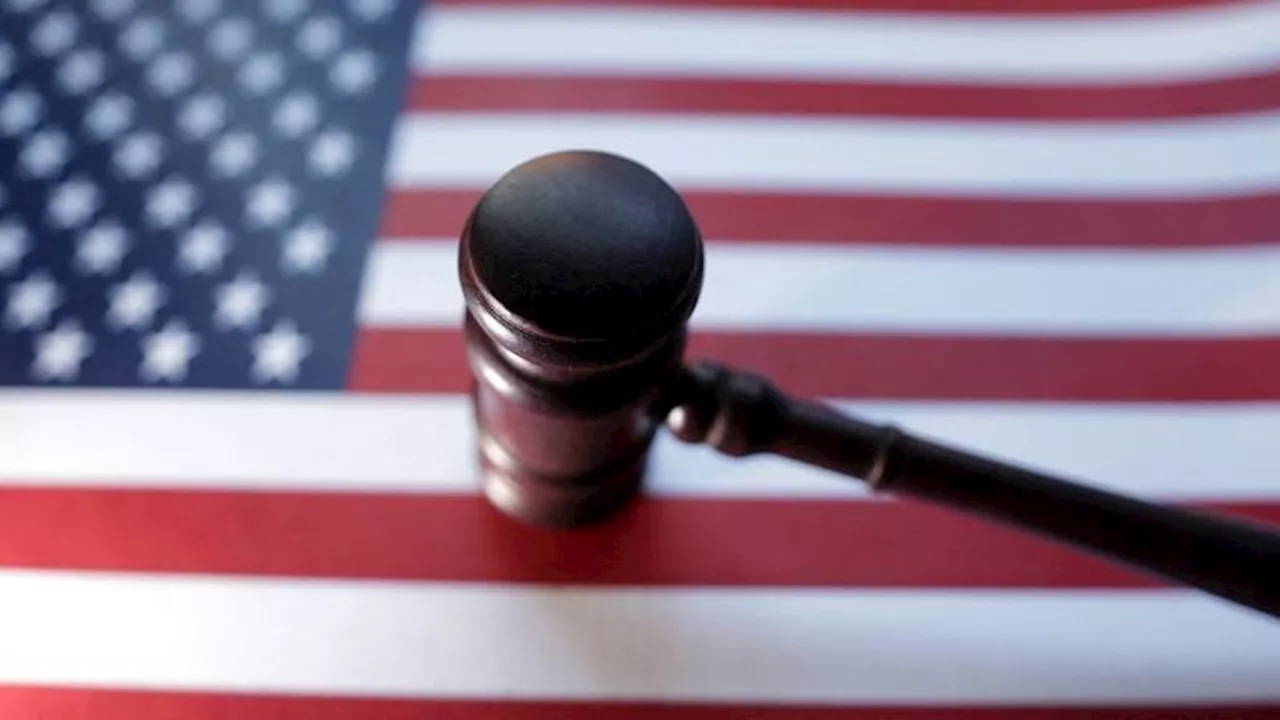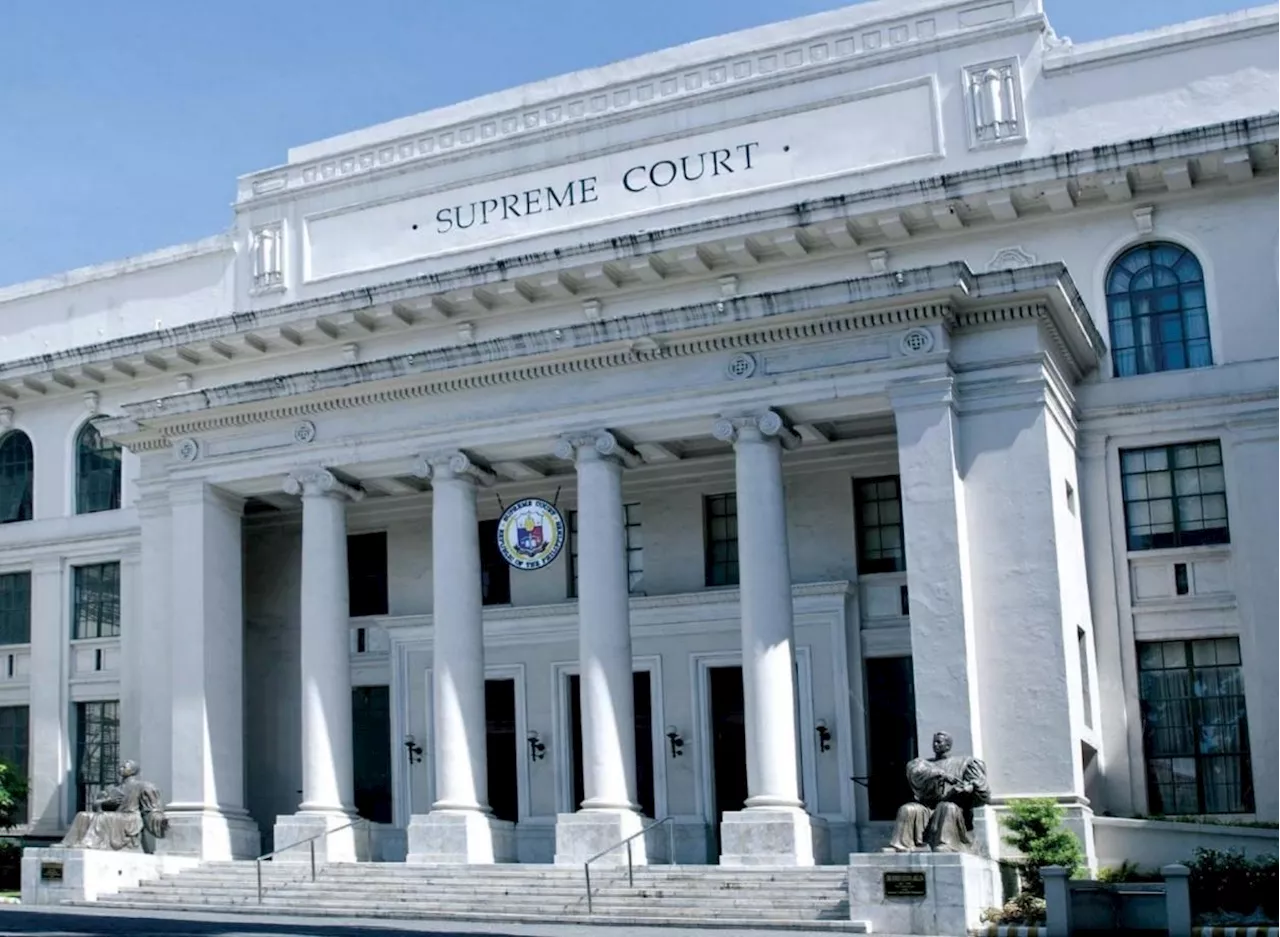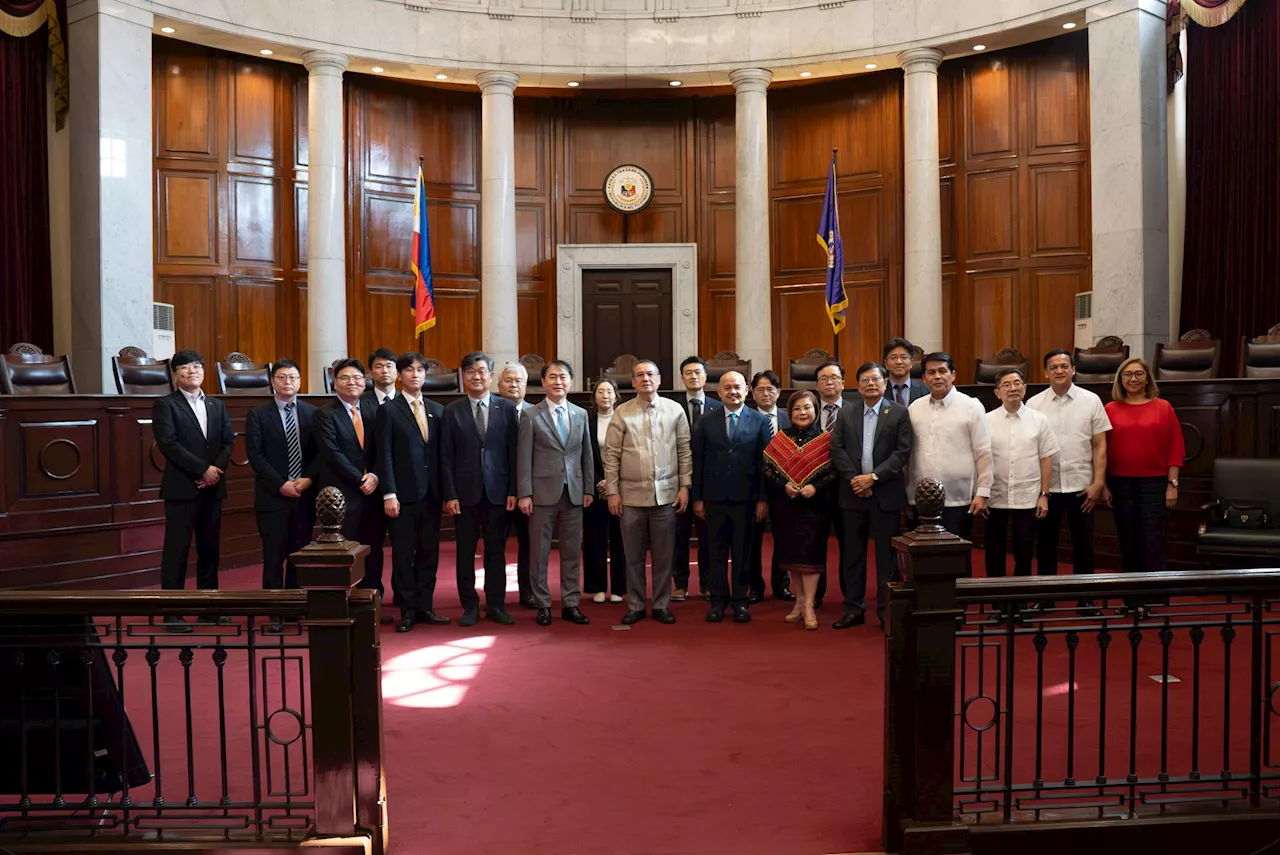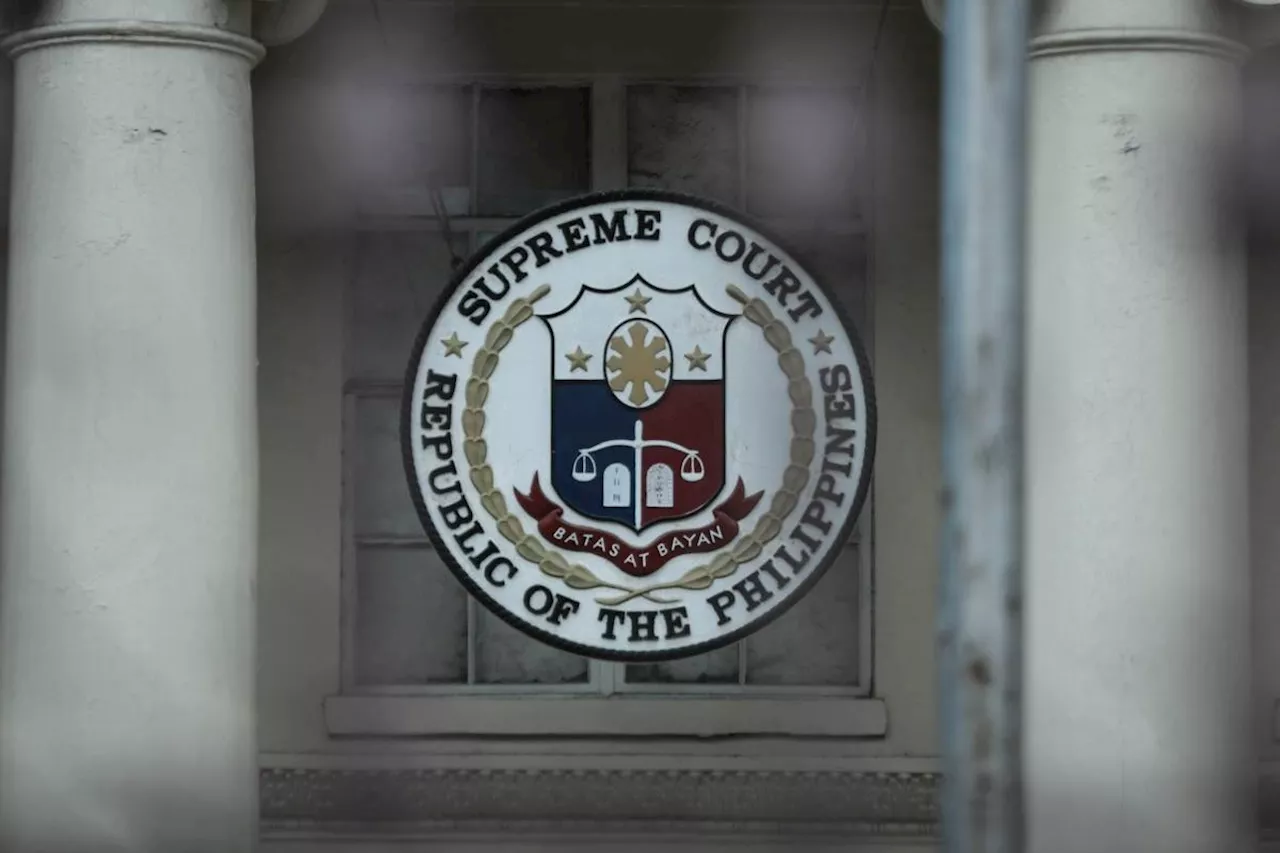The Supreme Court of the Philippines has declared that financial resources are not a prerequisite for running for public office. The court overturned a lower court decision that disqualified Juan Olila Ollesca as a nuisance candidate in the 2022 presidential elections.
Declaring that wealth should not be a prerequisite for leadership, the Supreme Court has reaffirmed the democratic rights of citizens to run for public office irrespective of their financial means. In a landmark decision, the Supreme Court said candidates' lack of financial resources to fund a nationwide campaign does not automatically qualify them as nuisance candidates. The En Banc ruling penned by Senior Associate Justice Marvic M.V.F.
Leonen overturned previous resolutions by the Commission on Elections (Comelec) that invalidated the candidacy of Juan Olila Ollesca in the 2022 presidential elections. The case began in October 2021, when Ollesca, a business owner, filed his Certificate of Candidacy (COC) to run as an independent candidate for the presidency. Shortly thereafter, the Comelec Law Department petitioned to declare Ollesca a nuisance candidate. They argued that he was neither well-known nor possessed the resources to mount a nationwide campaign. The Comelec's Second Division granted the petition, declaring Ollesca a nuisance candidate. The Comelec En Banc upheld this decision, denying Ollesca's motion for reconsideration. The high court in its decision emphasized that in a democracy, every citizen has the right to seek public office, a principle that must be balanced with the practical need to maintain free, fair, and orderly elections. The law, it stated, allows Comelec to regulate candidacies to avoid confusion, excessive resource allocation, and voter deception. Nonetheless, the tribunal stressed that the criteria for declaring a nuisance candidate must adhere to legal standards. It is the responsibility of the Comelec to present substantial evidence that a candidate lacks genuine intent to run for office. Factors such as the absence of a political party nomination, limited public recognition, or insufficient campaign funds cannot, on their own, serve as definitive proof of a lack of intent. The Court further noted that disqualifying candidates based on their financial capacity would effectively impose a property requirement for public office—a practice explicitly prohibited by the Constitution. It stressed that the central consideration should be whether a candidate enjoys significant public support, not their likelihood of success or campaign resources. In Ollesca's instance, the Comelec's ruling relied on general assertions about his financial incapacity without presenting sufficient evidence of his lack of genuine intent. By shifting the burden of proof onto Ollesca, the Comelec failed to meet its legal obligation to substantiate its claim, the court said
DEMOCRACY CANDIDACY ELECTION NUISANCE CONSTITUTION
United Kingdom Latest News, United Kingdom Headlines
Similar News:You can also read news stories similar to this one that we have collected from other news sources.
 Montana Supreme Court Rules Climate Is a Constitutional RightIn a landmark decision, Montana's highest court ruled that the state constitution guarantees a right to a stable climate, invalidating laws that prevent regulators from considering greenhouse gas emissions when approving fossil fuel projects.
Montana Supreme Court Rules Climate Is a Constitutional RightIn a landmark decision, Montana's highest court ruled that the state constitution guarantees a right to a stable climate, invalidating laws that prevent regulators from considering greenhouse gas emissions when approving fossil fuel projects.
Read more »
 Supreme Court Rules on Validity of Search WarrantsThe Supreme Court of the Philippines ruled that search warrants lacking precise details about the location to be searched are invalid, leading to the acquittal of an individual charged with drug offenses.
Supreme Court Rules on Validity of Search WarrantsThe Supreme Court of the Philippines ruled that search warrants lacking precise details about the location to be searched are invalid, leading to the acquittal of an individual charged with drug offenses.
Read more »
 Supreme Court Rules Against Municipal Waters, Favoring Large Fishing CorporationsThe Supreme Court has erased the concept of 'municipal waters,' prioritizing large fishing corporations over local fisherfolk. This decision, while based on a strict interpretation of the Constitution, is criticized for ignoring the spirit of the law and potentially harming local communities, the marine environment, and food security.
Supreme Court Rules Against Municipal Waters, Favoring Large Fishing CorporationsThe Supreme Court has erased the concept of 'municipal waters,' prioritizing large fishing corporations over local fisherfolk. This decision, while based on a strict interpretation of the Constitution, is criticized for ignoring the spirit of the law and potentially harming local communities, the marine environment, and food security.
Read more »
 Supreme Court Rules on Search Warrant SpecificityThe Supreme Court of the Philippines ruled that search warrants must clearly define the location to be searched, otherwise they are invalid. The ruling, which overturned convictions based on a defective warrant, emphasizes constitutional protections against unlawful searches and seizures. The Court cited a case where agents used a vague address, allowing for undue discretion and potential for arbitrary intrusions.
Supreme Court Rules on Search Warrant SpecificityThe Supreme Court of the Philippines ruled that search warrants must clearly define the location to be searched, otherwise they are invalid. The ruling, which overturned convictions based on a defective warrant, emphasizes constitutional protections against unlawful searches and seizures. The Court cited a case where agents used a vague address, allowing for undue discretion and potential for arbitrary intrusions.
Read more »
 Court denies TikTok's request to halt enforcement of potential US ban until Supreme Court reviewA federal appeals court on Friday left in place a mid-January deadline in a federal law requiring TikTok to be sold or face a ban in the United States, rejecting a request made by the company to halt enforcement until the Supreme Court reviews its challenge of the statute.
Court denies TikTok's request to halt enforcement of potential US ban until Supreme Court reviewA federal appeals court on Friday left in place a mid-January deadline in a federal law requiring TikTok to be sold or face a ban in the United States, rejecting a request made by the company to halt enforcement until the Supreme Court reviews its challenge of the statute.
Read more »
 Supreme Court Partners with KOICA to Modernize Court Systems in the PhilippinesThe Supreme Court of the Philippines has joined forces with the Korea International Cooperation Agency (KOICA) Philippines to implement modern court systems. KOICA, a Korean governmental organization, will guide the Philippines in adopting advanced systems inspired by the Republic of Korea's modern judicial practices. The collaboration aims to enhance efficiency, innovation, and accessibility within the Philippine judiciary.
Supreme Court Partners with KOICA to Modernize Court Systems in the PhilippinesThe Supreme Court of the Philippines has joined forces with the Korea International Cooperation Agency (KOICA) Philippines to implement modern court systems. KOICA, a Korean governmental organization, will guide the Philippines in adopting advanced systems inspired by the Republic of Korea's modern judicial practices. The collaboration aims to enhance efficiency, innovation, and accessibility within the Philippine judiciary.
Read more »
